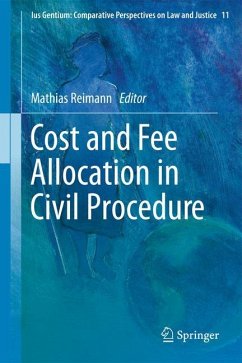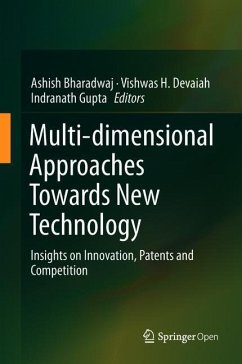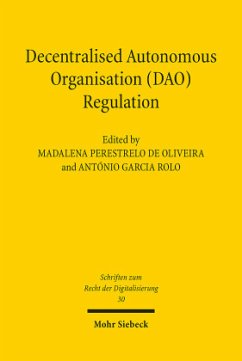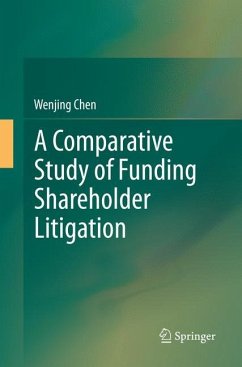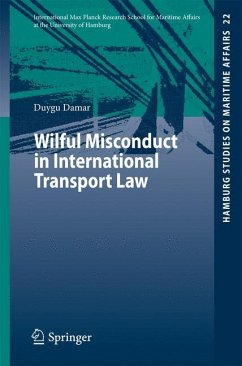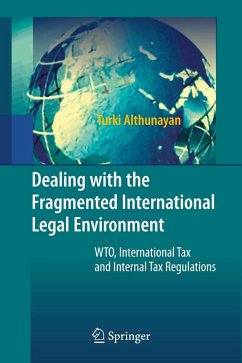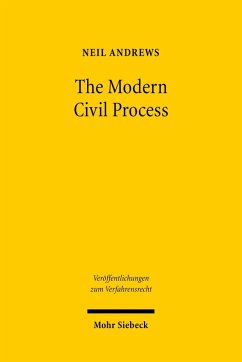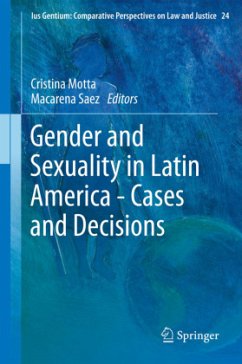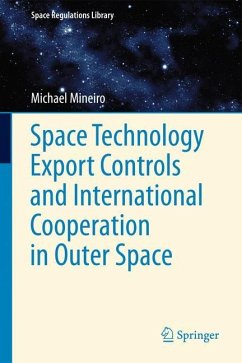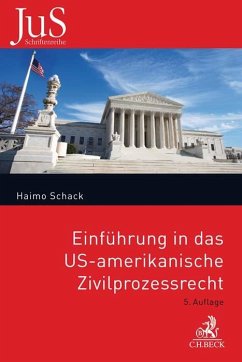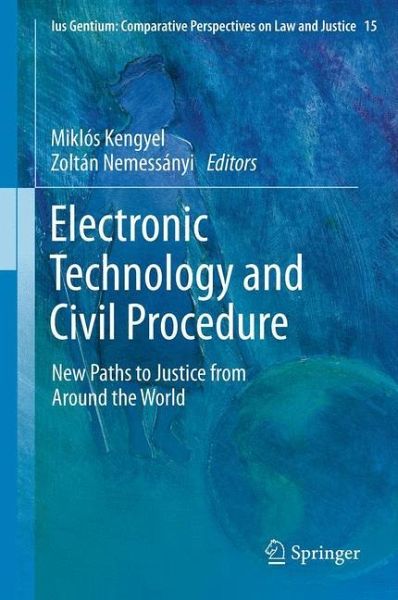
Electronic Technology and Civil Procedure
New Paths to Justice from Around the World
Herausgegeben: Kengyel, Miklós; Nemessányi, Zoltán

PAYBACK Punkte
39 °P sammeln!
The effect of modern and communication technology on civil procedure first appeared on the agenda of the conference organized by the International Association of Procedural Law in 1999, verifying Lord Woolf's statement from the 90's, that "IT will not only assist in streamlining and improving our existing systems and process; it is also likely, in due course, itself to be catalyst for radical change as well...".At the conference in Pecs in the autumn of 2010 participants from three continents and twenty-five countries examined all aspects of the impact of modern information technology on civil...
The effect of modern and communication technology on civil procedure first appeared on the agenda of the conference organized by the International Association of Procedural Law in 1999, verifying Lord Woolf's statement from the 90's, that "IT will not only assist in streamlining and improving our existing systems and process; it is also likely, in due course, itself to be catalyst for radical change as well...".
At the conference in Pecs in the autumn of 2010 participants from three continents and twenty-five countries examined all aspects of the impact of modern information technology on civil procedure beginning with the electronic submission of the application, ranging from electronic service of documents and electronic means of proof supported by modern information technology. In addition to the practical issues they discussed the possible impact of electronic procedures on traditional principles of civil procedure. The conference book contains seven main reports and eleven correferates, the foreword was written by Prof. Peter Gottwald, the President of the International Association of Procedural Law.
At the conference in Pecs in the autumn of 2010 participants from three continents and twenty-five countries examined all aspects of the impact of modern information technology on civil procedure beginning with the electronic submission of the application, ranging from electronic service of documents and electronic means of proof supported by modern information technology. In addition to the practical issues they discussed the possible impact of electronic procedures on traditional principles of civil procedure. The conference book contains seven main reports and eleven correferates, the foreword was written by Prof. Peter Gottwald, the President of the International Association of Procedural Law.





